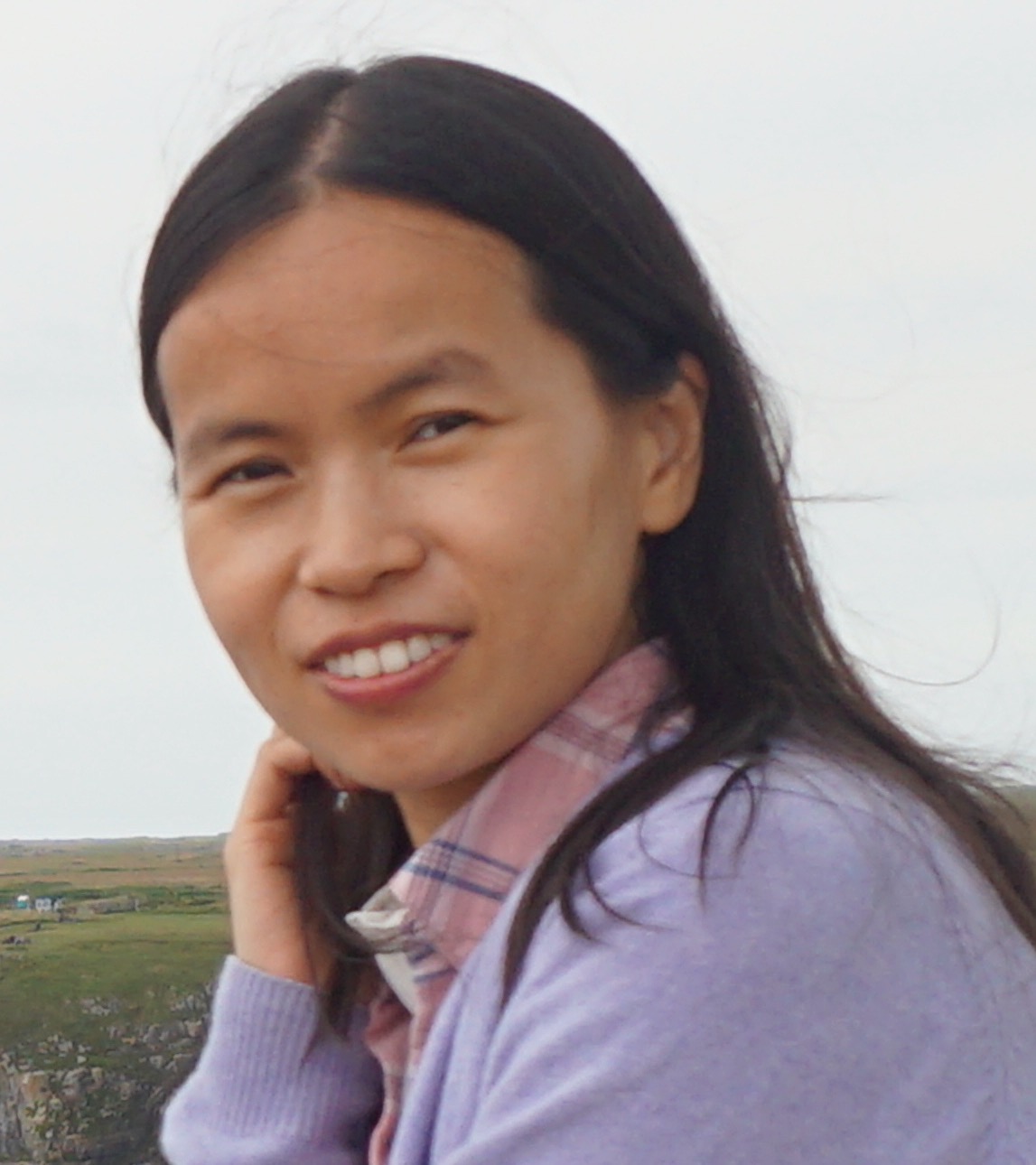About me
I am currently a Lecturer and Surrey Future Fellow, at Section of Systems Biology and Surrey Institute for People-Centred AI, University of Surrey.
As I am setting up my research group, I am actively recruiting PhDs and Postdocs. I am excited to receive a three-year MRC new investigator research grant (2025 to 2028) and will recruit a one-year Postdoc to work on the project soon. Please see Group for potential opportunities.
Previously, I was a Postdoc in Chris Barnes’s group at Department of Cell and Developmental Biology, University College London, where I remain as a visitor and have been working on dynamical modeling of chromosomal instability (CIN) in cancer genomes.
Before that, I was a Postdoctoral Fellow in Weiwei Zhai’s Group at Genome Institute of Singapore, where I mainly developed pipelines and methods to analyse tumour heterogeneity and clonal evolution in liver and lung cancer genomes.
I completed my PhD in Computational Biology under the supervision of Hon Wai Leong at School of Computing, National University of Singapore, where I developed machine learning and phylogenetic methods for problems related to lateral gene transfer.
I obtained my Master’s and Bachelor’s degree from Software Engineering Institute, East China Normal University, where I led the development of platforms for high-throughput biological data analysis, including RNA-Seq and proteomic data.
My research is in the broad field of computational biology, which bridges software engineering, machine learning, algorithms, statistics, phylogenetics, population genetics, and omics.
I am interested in developing new computational methods to tackle important biological problems related to human health and facilitate the discovery of new knowledge from the accumulating huge amounts of biological data.
I have developed several new methods and applied available methods to tackle basic questions arising in the study of species and cancer evolution. My current primary interests are developing new approaches to decipher evolutionary dynamics of cancer genomes, especially those driven by chromosome instability, which are still less well studied than point mutations but critical in tumorigenesis and patient treatment.
Please see Research for more details.
